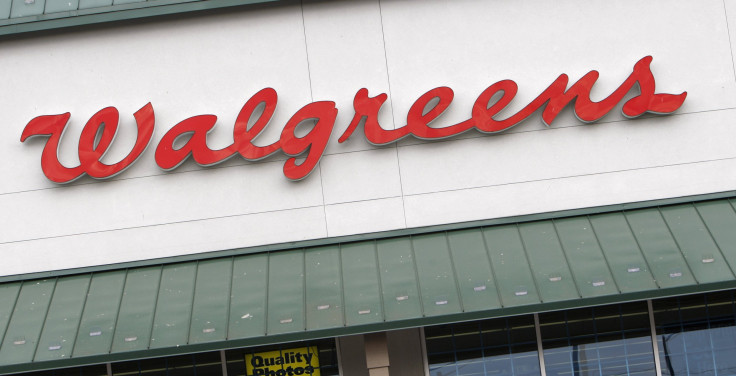Wellness For Your Wallet: Walgreens Jumps Into Financial Services With Debit Cards
KEY POINTS
- Walgreens will begin offering credit and debit cards in partnership with Mastercard
- It's part of a broader exploration of financing options such as paying in installments
- It comes as states turn away from Walgreens for COVID-19 vaccine distribution
Pharmacy giant Walgreens has announced it will offer its own credit card in partnership with Mastercard and Synchrony. According to a company press release, it’s part of a broader push by Walgreens to offer customers more flexible financing options.
The new programs include a debit card, and can be used with full functionality in stores unrelated to Walgreens. Consumers will be able to earn rewards, along with bonuses for shopping at any pharmacy.
“As we continue to focus on creating new revenue streams, we look forward to exploring and introducing even more health and well-being payment initiatives in the near future,” said Walgreens President John Standley.
Walgreens says it will be exploring point-of-sale financing options like allowing customers to make payments in installments.

The cards will be closely integrated with the myWalgreens rewards program that launched in November. Those taking advantage of the program will be able to earn benefits including cash rewards.
Walgreens is also looking to use the cards to further its mobile platform and online sales, offering contactless pickup and accelerated benefits when making purchases through the mobile app.
“We understand the critical need to prioritize the consumer experience in a way directly relevant to their everyday lives, and this card is representative of that,” said Linda Kirkpatrick, president of Mastercard’s North America office.
The offers come at a tumultuous time for Walgreens. Distribution of the COVID-19 vaccine was expected to be a large windfall, but reports from several states indicated that Walgreens was moving too slowly.
Maine’s CDC redistributed to hospitals 2,000 doses that were sitting idle at Walgreens.
“[Walgreens] indicated that they did in fact have doses on hand and they could not tell us when they could put them into arms. That didn’t work for me,” Dr. Nirav Shah, director of Maine’s CDC, told Maine Public.
© Copyright IBTimes 2024. All rights reserved.




















